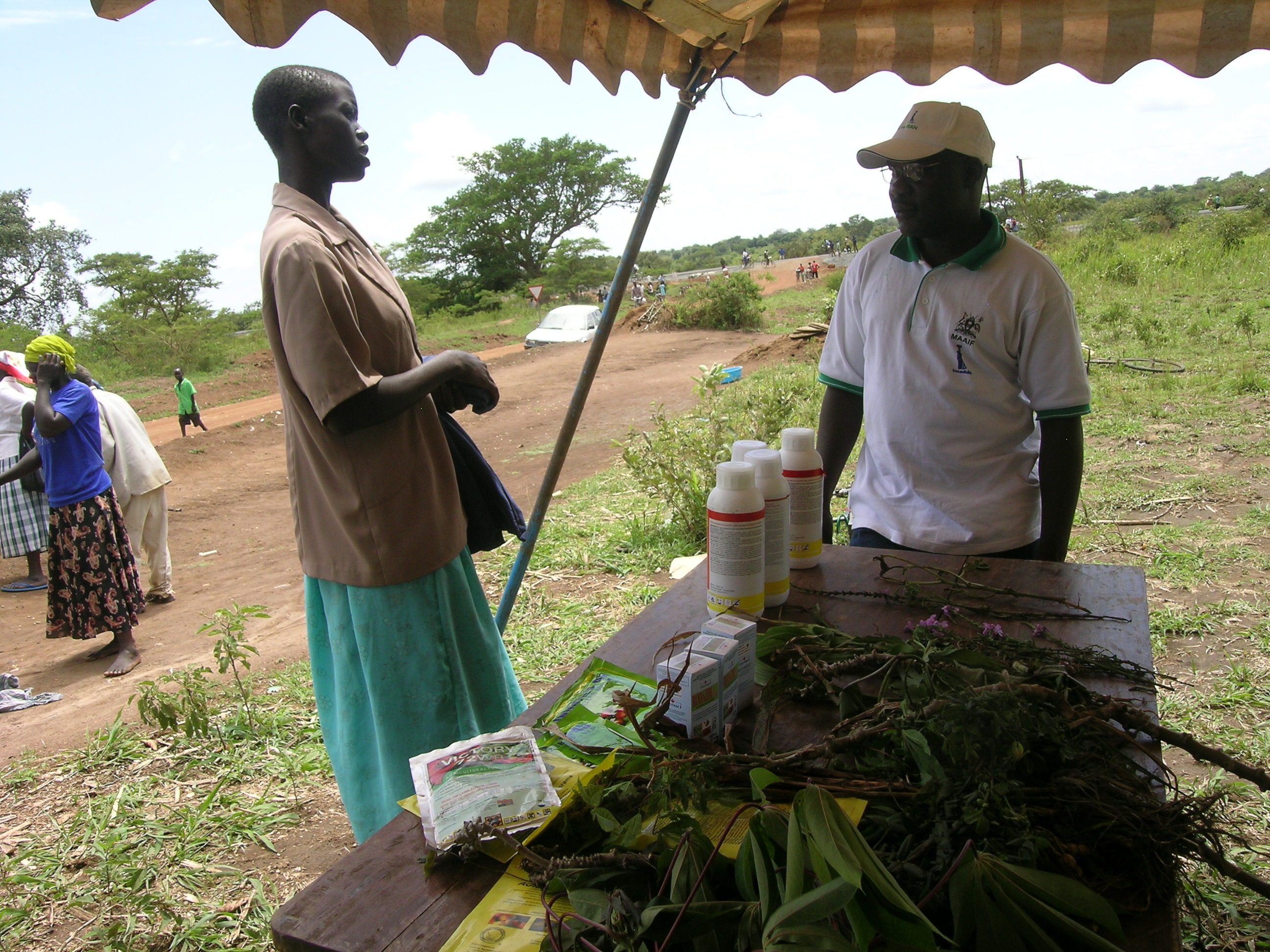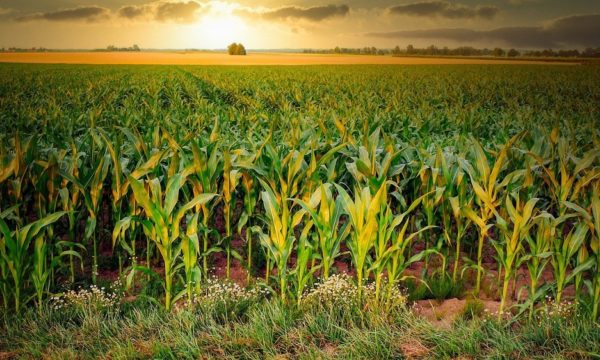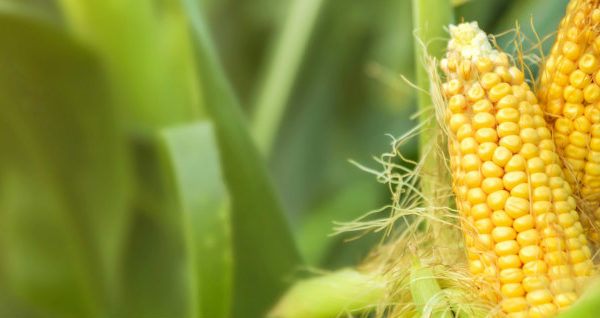
Ahead of One Health Day tomorrow (3rd November 2018), Robert Taylor, CABI’s Editorial Director, explores the relationships between human, animal, environmental and plant health…
The ‘One health’ initiative launched in 2007 was designed primarily to break down the barriers between human and veterinary medicine, particularly for dealing with zoonotic diseases. The link between BSE and nvCJD, as well as the threat of new diseases like SARS and threat of old diseases like avian influenza made for a strong case that the health of humans and animals are inter-linked. Since then, ‘One health’ has been expanded to include environmental health as there are many examples of how human activity can harm the health of the environment, and how in turn, a polluted environment adversely affects human health.
Plant health has not often been mentioned within the ‘One health’ community; however there are good reasons for including it. An example would be the recent evidence about the use of pesticides in agriculture and prevalence of colon cancer in Brazil. Another example comes from CABI’s Plantwise network where plant clinics in areas of mixed farming are asked by farmers for information on animal health and production.
This lead to an investigation into how much demand there is currently for animal health and production information from the plant clinics, and what is the feasibility of providing animal advice through the plant clinic network. Plant doctors from a number of countries were surveyed to find out the current state of joint plant-animal health service delivery through plant clinics in mixed farming areas. Following the survey, a stakeholder consultation was organised in Uganda to see how agricultural support services can be more integrated across the plant, animal, and human divides to improve the health and livelihoods of rural communities. Farmers’ demand for such services is huge.
The results of the survey showed that the plant clinics are already being consulted for information on animal health and production. Some plant doctors have been trained as animal extension officers and could help the farmers, and others were able to deal with the questions by referring the farmer to a livestock officer or veterinarian. The consultation showed that there is growing interest among service providers, ministry officials and researchers to improve integration of farmer services to reduce operational costs and make better use of existing capacities to support farmers with a ‘one stop clinic’.
The trialling of crop-livestock clinics in Uganda would require training needs assessment and capacity building of extension workers, development of operational guidelines, information support, links to experts and referral systems, adjustments of work flows, and, most importantly, organisational capacity and leadership to take on the new role.
The human health sector could also be brought on board to streamline the intervention towards maximising human health outcomes through better zoonoses control, food safety and security, nutrition and biosecurity and -safety. The evaluation of the performance would serve to show that integrated service delivery is also important to One Health.
The results of the survey and consultation workshop are contained in a paper: ‘Reaching for the low hanging fruits: One health benefits of joint crop–livestock services for small-scale farmers’, by Danielsen et al., which is awaiting publication in the One Health journal.
Additional information
References
Danielsen, S. 2013. Including plant health in the ‘one health‘ concept – in theory and in Uganda. In: A success story in Danish development aid – DBL (1964-2012) (Eds. Annette Olsen, Niels Ørnbjerg, Klaus Winkel). Centre for Health Research and Development, University of Copenhagen, Denmark, 107-113.
Martina, F.L.; Martinez, E.Z; Stopper, H; Britto Garcia, S.; Uyemurae, S.A.; Kannene, V. Increased exposure to pesticides and colon cancer: Early evidence in Brazil. 2018. Chemosphere Volume 209, October 2018, pp623-631.
About Plantwise
Plantwise is a global programme led by CABI, which helps farmers lose less of what they grow to plant health problems. Working closely with national agricultural advisory services we establish and support sustainable networks of plant clinics, run by trained plant doctors, where farmers can find practical plant health advice. Plant clinics work just like clinics for human health: farmers visit with samples of their crops, and plant doctors diagnose the problem and make science-based recommendations on ways to manage it.
Plant clinics are reinforced by the Plantwise Knowledge Bank, a gateway to practical online and offline plant health information, including diagnostic resources, best-practice pest management advice and plant clinic data analysis for targeted crop protection. Together, these two unique resources are part of the Plantwise approach to strengthen national plant health systems. The stronger the national plant health system, the better equipped the country will be to help farmers provide a safe and sustainable food supply and improve their livelihoods.
Related News & Blogs
Transforming agriculture with drones: empowering youths for a sustainable future
On this UN World Youth Skills Day 2023 (Saturday, 15 July), we celebrate the transformative power of skill development in shaping the lives of young individuals and creating a brighter future, writes Violet Ochieng’ – winner of the Carol Ellison Scienc…
14 July 2023




